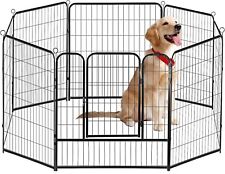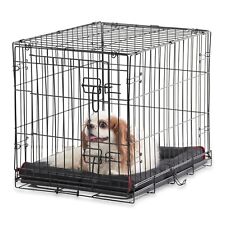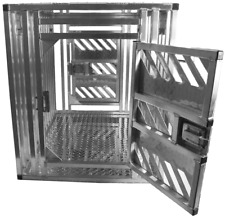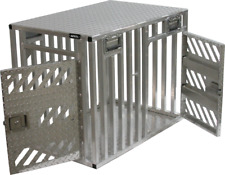Pennsylvania Bans In-Home Surgical Procedures on Dogs
On August 27th, Governor Edward G. Rendell signed into law House Bill 39, which amends existing laws regarding cruelty to animals, with a majority of 179 to 10. The law change ensures that only trained and licensed veterinarians can perform certain medical procedures including ear cropping; "debarking" by cutting or injuring the vocal cords; tail docking or removal of dew-claws from a dog over 5 days old; and surgically birthing a dog. Where any of these procedures have been carried out on a dog, the dog’s owner must keep a record of the vet who performed it, as well as the date and location. House Bill 39 expands upon last year’s actions to reduce the number of puppy mills in Pennsylvania. The state has since revoked or refused 11 kennel licenses and cited another 34 unlicensed kennels. Suspected unlicensed kennels can also now be reported through the Bureau of Dog Law’s website.
"Until now, these cruel practices could be carried out by dog owners without proper training and without supervision by a licensed vet, which could lead to long-term injury, pain and, in some cases, death to these defenseless animals," said Governor Rendell.
Animal rescue and humane organizations have welcomed Pennsylvania’s actions, but some say that aspects of the new laws require improvement. Only Humane Society Police Officers can enforce the new law, meaning that the law will remain unenforceable in counties without serving Humane Society Police Officers. The ability of a dog warden to also enforce this section of the crimes code was deleted from the text of the bill by the Senate. Indeed, wardens will not even be allowed to ask for proof that a veterinarian performed a procedure. In addition, the law does not include non-surgical procedures which are deemed by some to be equally inhumane, such as non-surgical "debarking".
"Typical debarking performed by commercial breeders involves no incision and creates no wound. Therefore, a dog debarked by having a pipe shoved down its throat will never show any evidence that the vocal cords have been crushed. No wound equals no request for proof equals no way to deter this crude means of debarking," said Jenny Stephens, Executive Director of the North Penn Puppy Mill Watch in a statement.














